-
From Ceasefire to Compliance: Assessing Australia’s Policy Options on Gaza
While many Western leaders, including Australia’s Prime Minister Anthony Albanese, initially welcomed the Gaza ceasefire as a potential turning point, hopes of lasting peace in Gaza have been dashed as Israel continues to violate Donald Trump’s 20-point peace plan. The IDF is still bombing Gaza, killing over 200 Palestinians in airstrikes and drone attacks since…
/
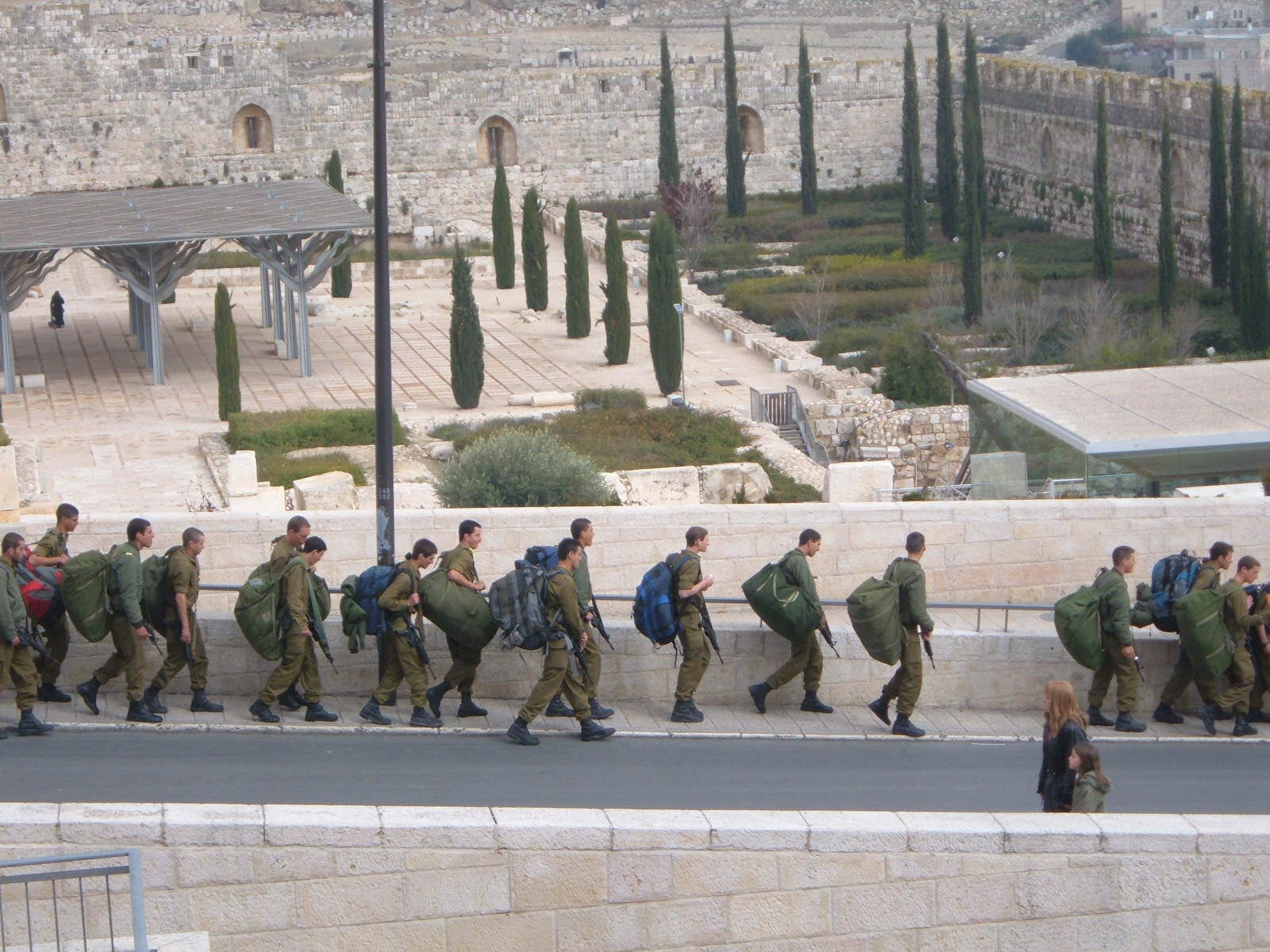
-
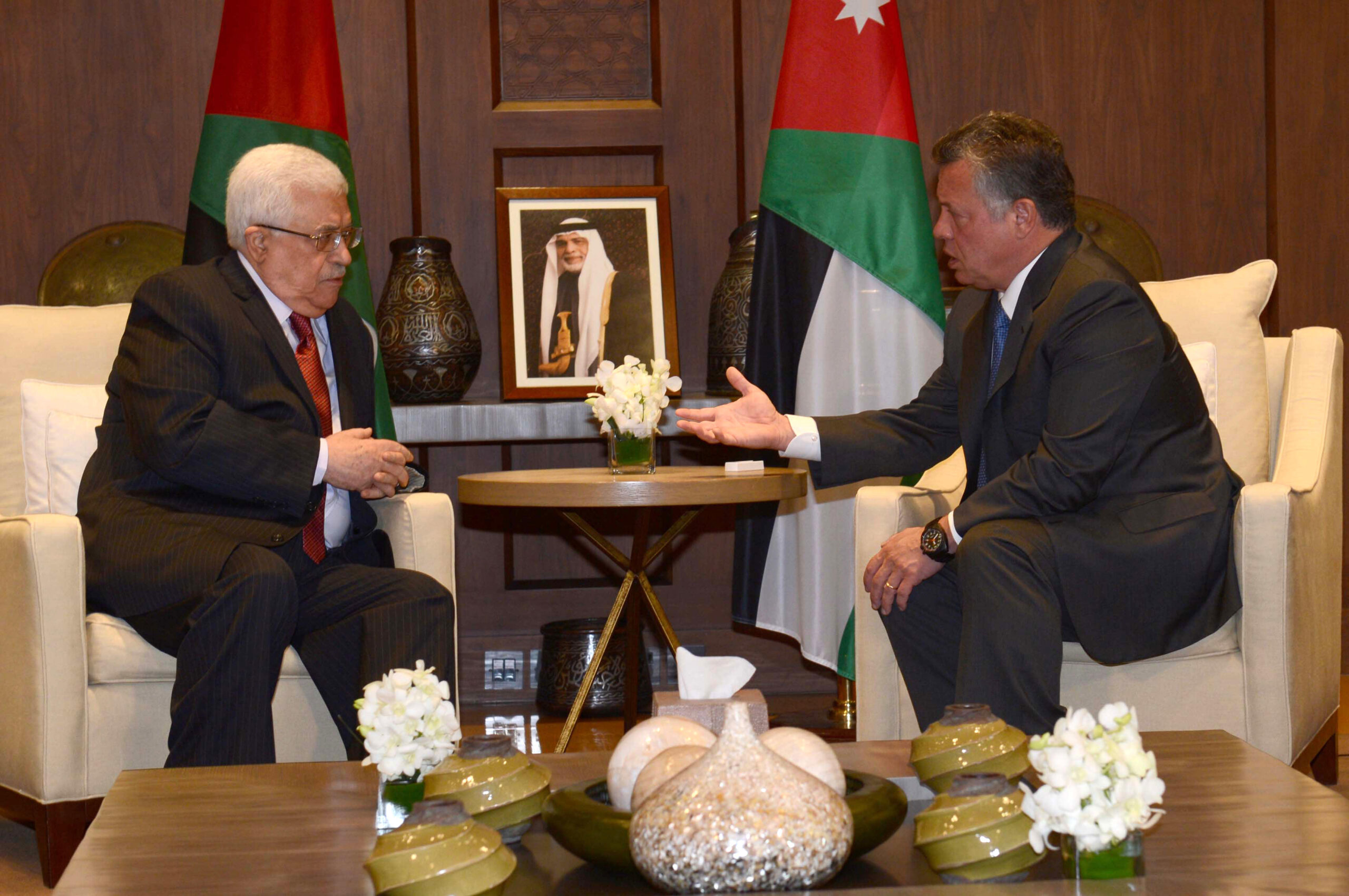
Israel’s Upcoming Election: The View from Amman and Ramallah
Jordan and Palestine are bracing themselves for Israel’s fifth election in just over three years, slated for November 1. Beyond Israel itself, these two countries are arguably most affected by the outcome and subsequent shifts in domestic politics. Taking primacy are Jordanian and Palestinian concerns over the future prospect of a two-state solution given trends…
/
-
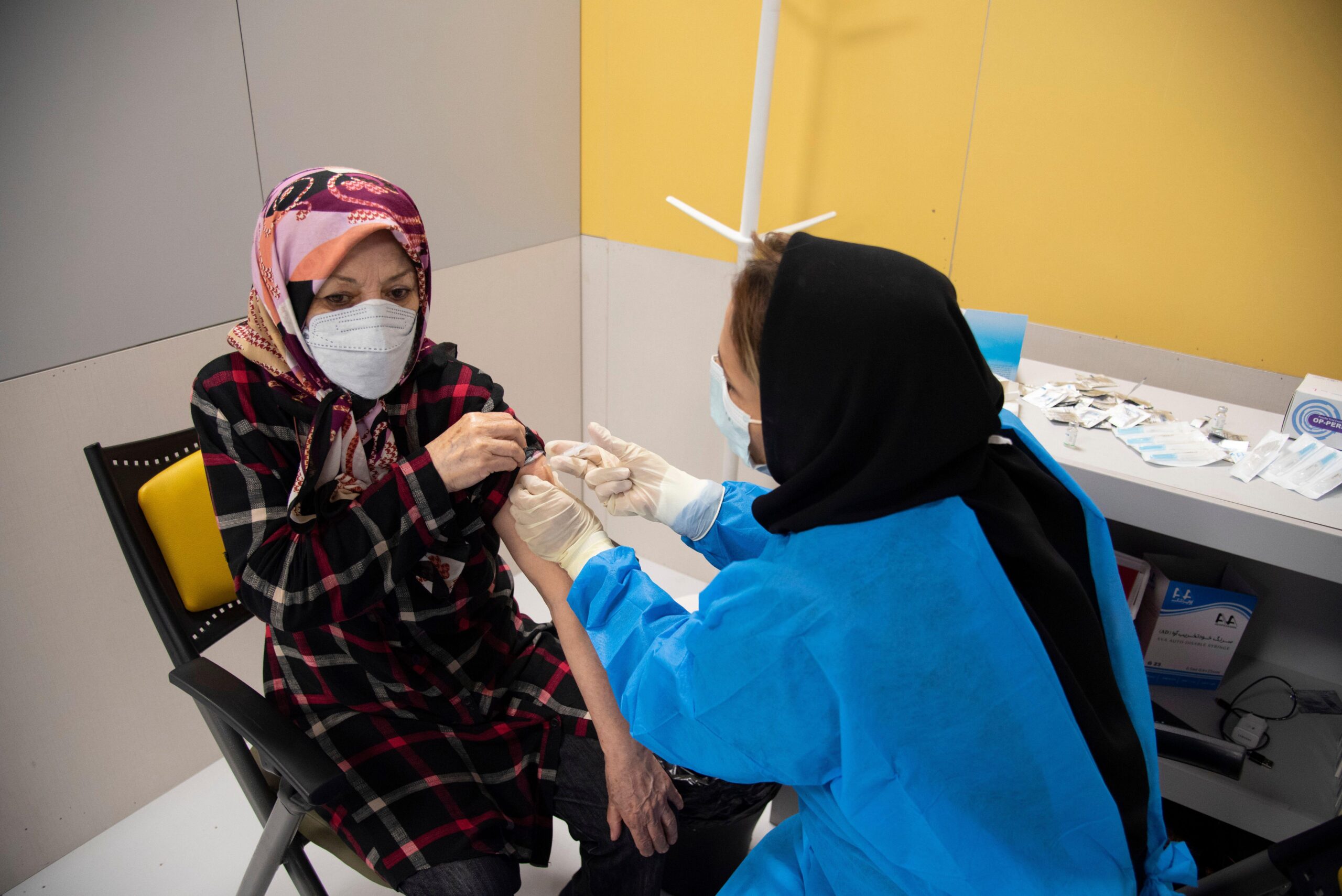
Capitalising on Covid: China’s health diplomacy in the Middle East
In the wake of the Covid-19 pandemic, China’s Belt and Road Initiative has enabled the rising superpower to expand its sphere of influence in the Middle East. Much analysis of the initiative, which has seen China invest in more than 70 countries across Asia, Europe and the Middle East, is focused on infrastructure, including new…
/
-
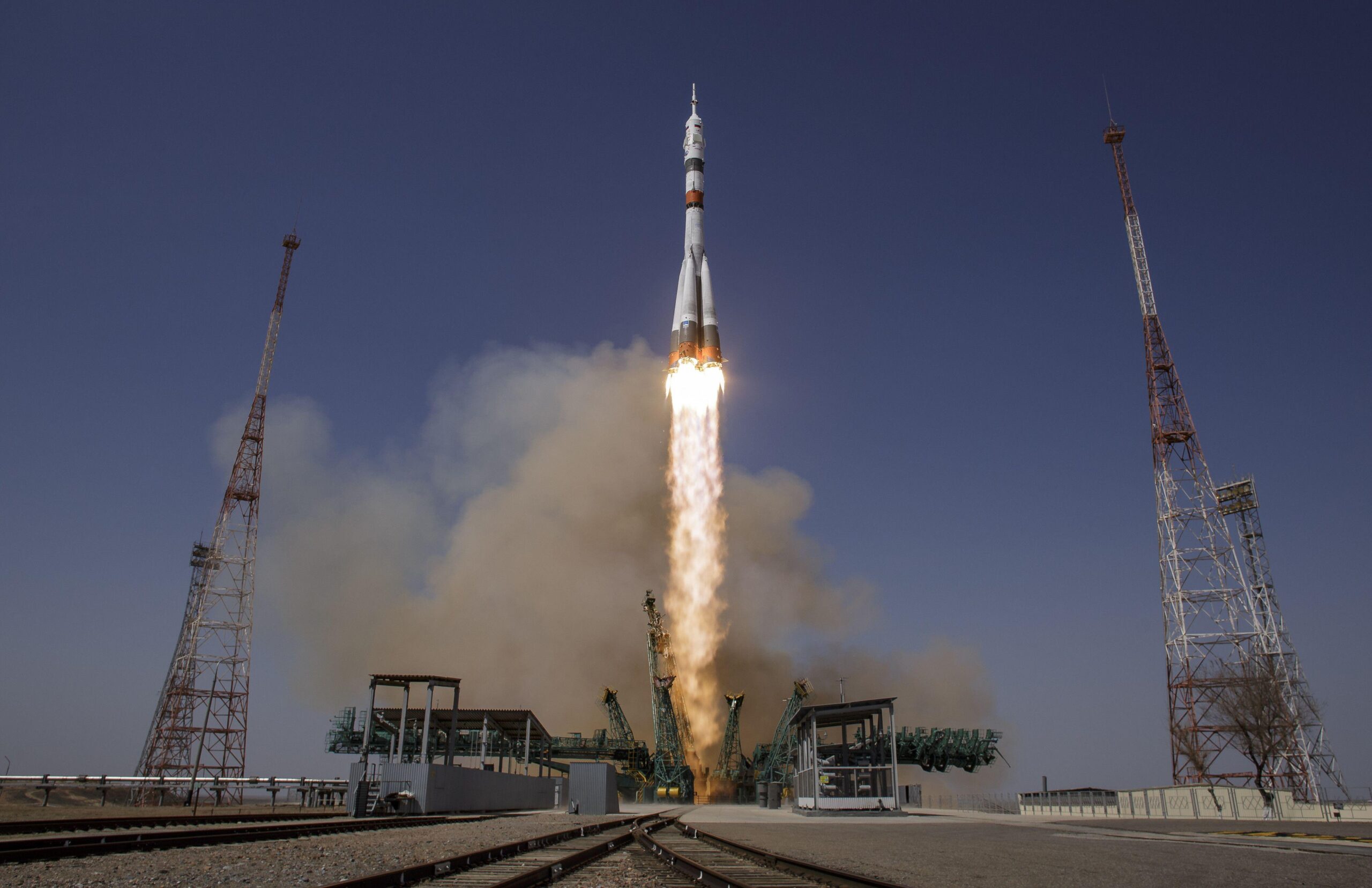
Emerging space power in Central Asia: Kazakhstan at the crossroad
After the disintegration of the USSR, Kazakhstan inherited a significant technological artefact of the Soviet space program, the Baikonur Cosmodrome. The management of the spaceport, from which the historically significant Sputnik 1 was launched, was transferred to Russia through a lease agreement from 1994 till 2050. However the Kazakhstani leadership had remained committed to the…
/
-
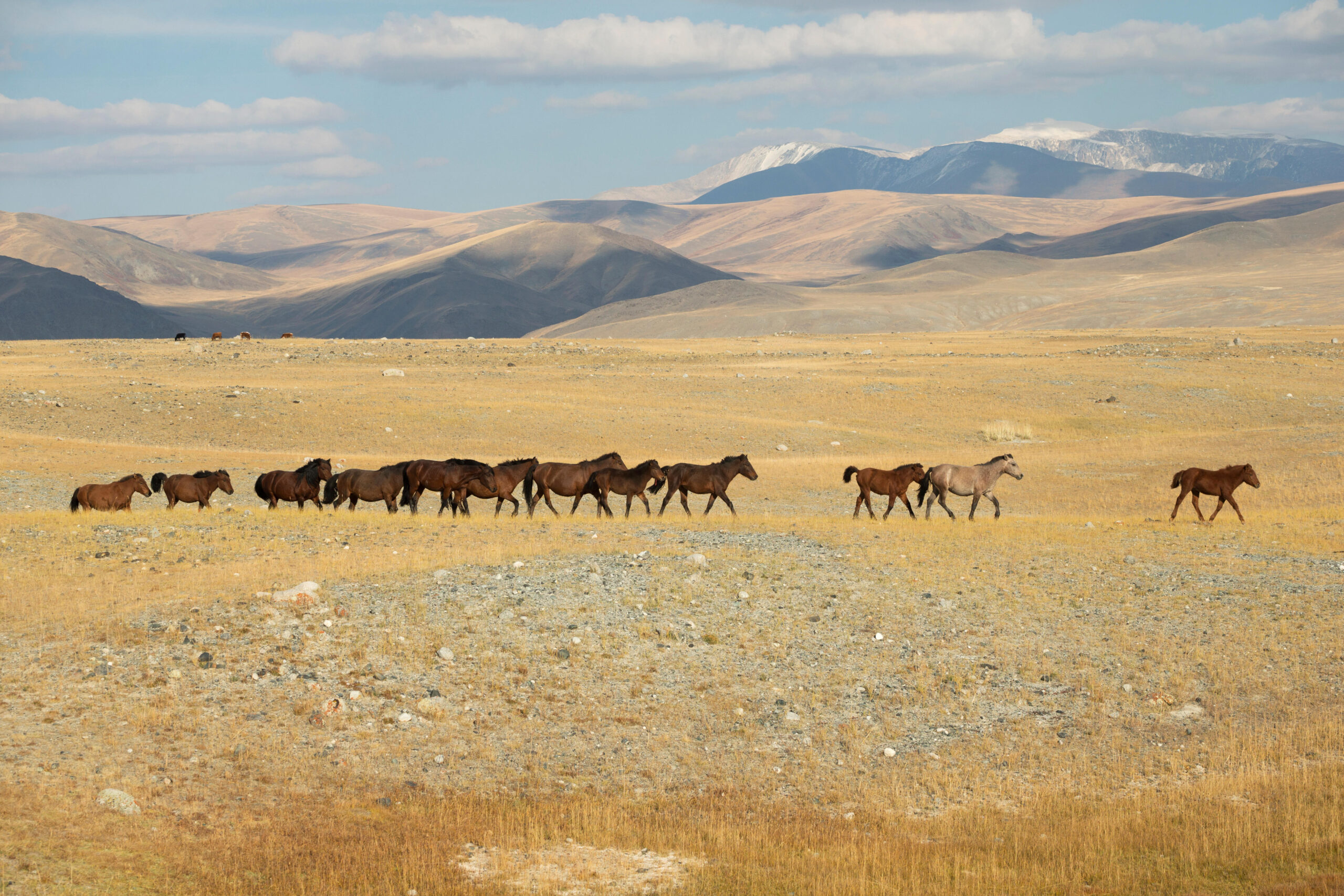
Navigating Great Powers: Mongolia and Kazakhstan’s shared geopolitical uncertainties
Though seldom analysed together, Mongolian and Kazakh foreign policies are connected today by nature of their shared experience of their two larger neighbours China and Russia. Mongolia and Kazakhstan have both attempted to balance a largely economic relationship with China and a military strategic relationship with Russia, in order to develop and maintain their security…
/
-
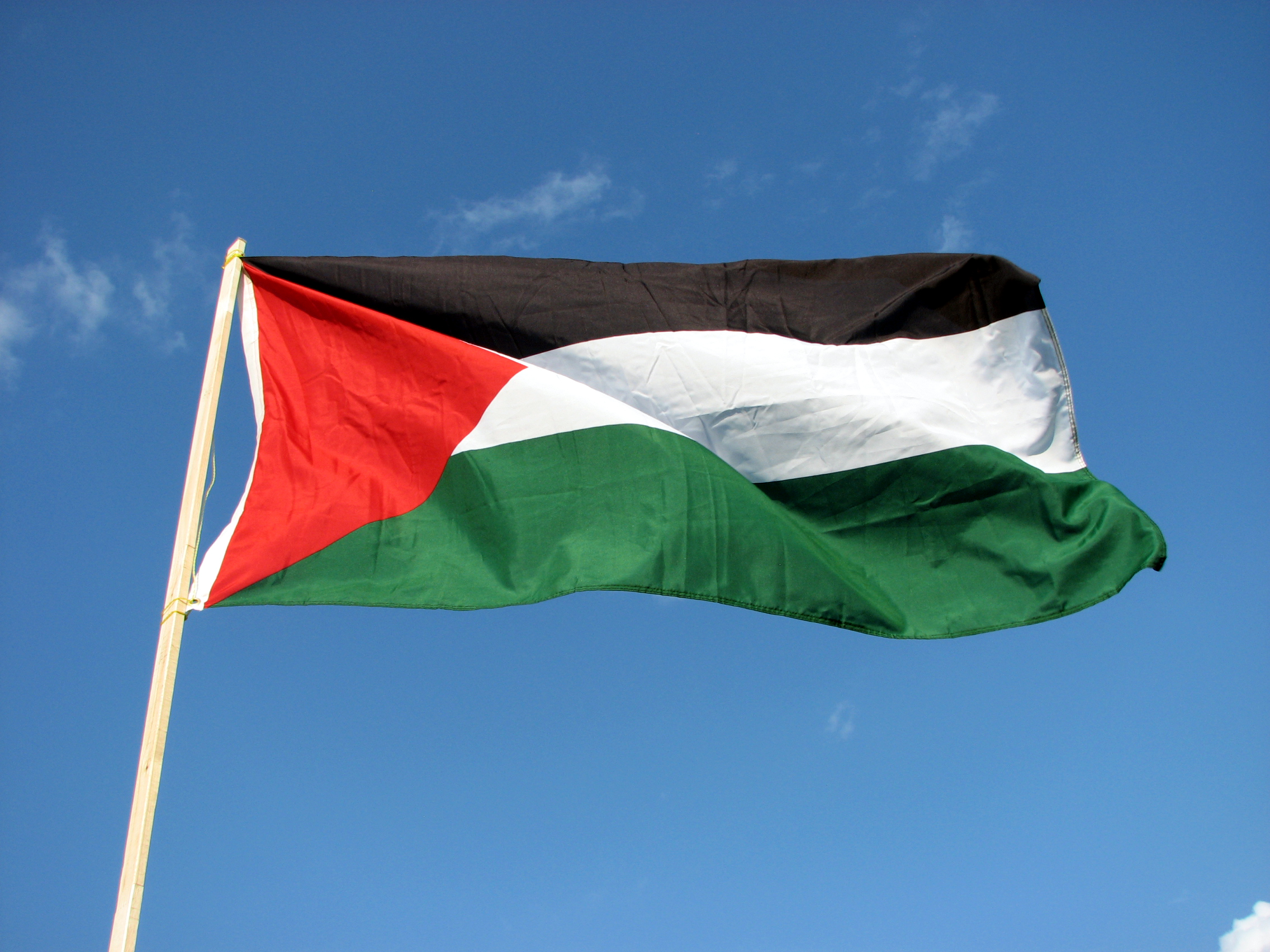
What will be Labor’s policy on Palestine?
With the Australian Labor Party’s (ALP) victory in the Australian parliamentary elections on May 21, some policy shifts could be imminent. This is not limited to foreign policy, a space historically underpinned by broad bipartisanship in Canberra. However, ALP’s 2021 political platform suggests the party could explore a series of new approaches that reorient Australia’s…
/
-
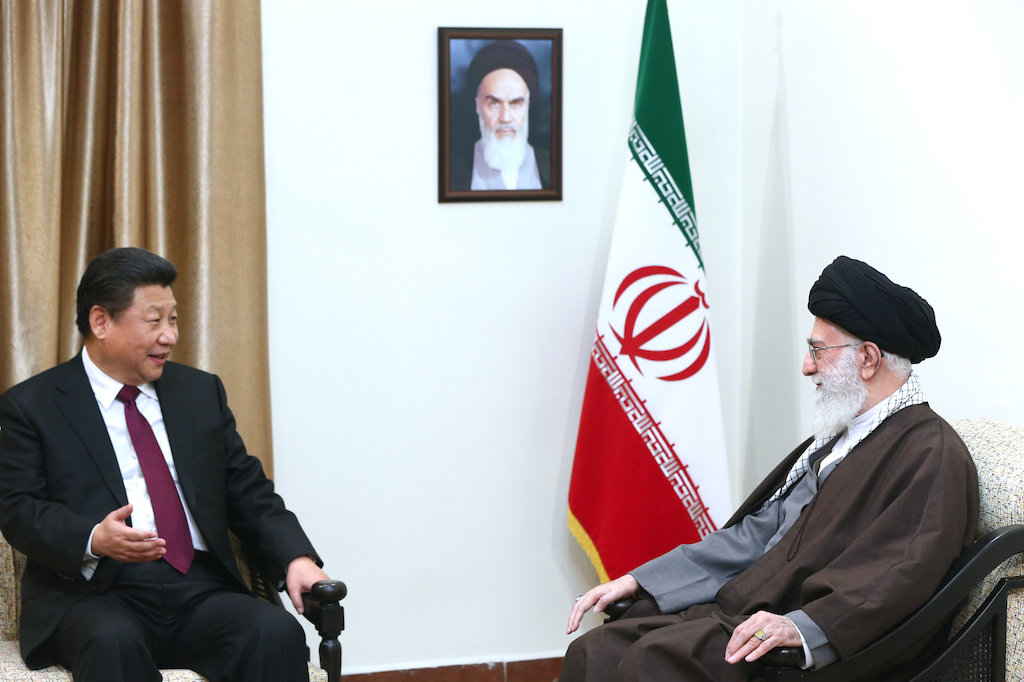
China and Iran: Unrecognised Potential and Opportunities
Iran presents important opportunities for China’s regional and continental ambitions. It has one of the world’s largest proven reserves of oil and natural gas which is important to the famously energy insecure Chinese economy. Iran also occupies a geographic region between the Caspian Sea and the Persian Gulf, a key point in the old Silk…
/
-
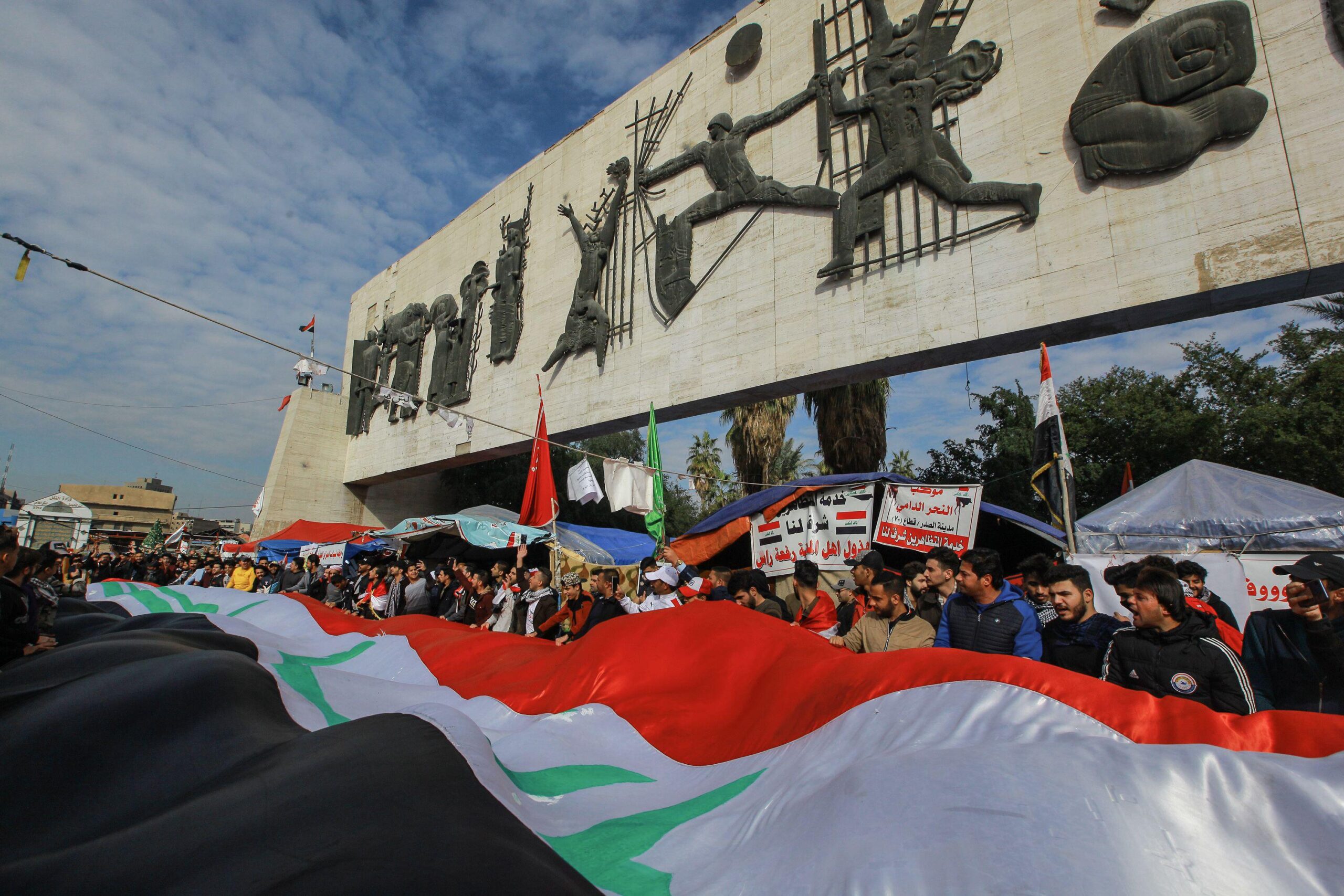
How Iraq became Iran’s cash cow
With the October 2021 Iraqi Parliamentary elections recording the lowest ever voter turnout in post-2003 Iraq, there is little doubt that Iraq’s yet-to-be-announced next government already faces a legitimacy crisis. Amid the problems that Iraq faces in overcoming its domestic challenges, there is a massive driver of its cyclical political system in neighbouring Iran of…
/
-
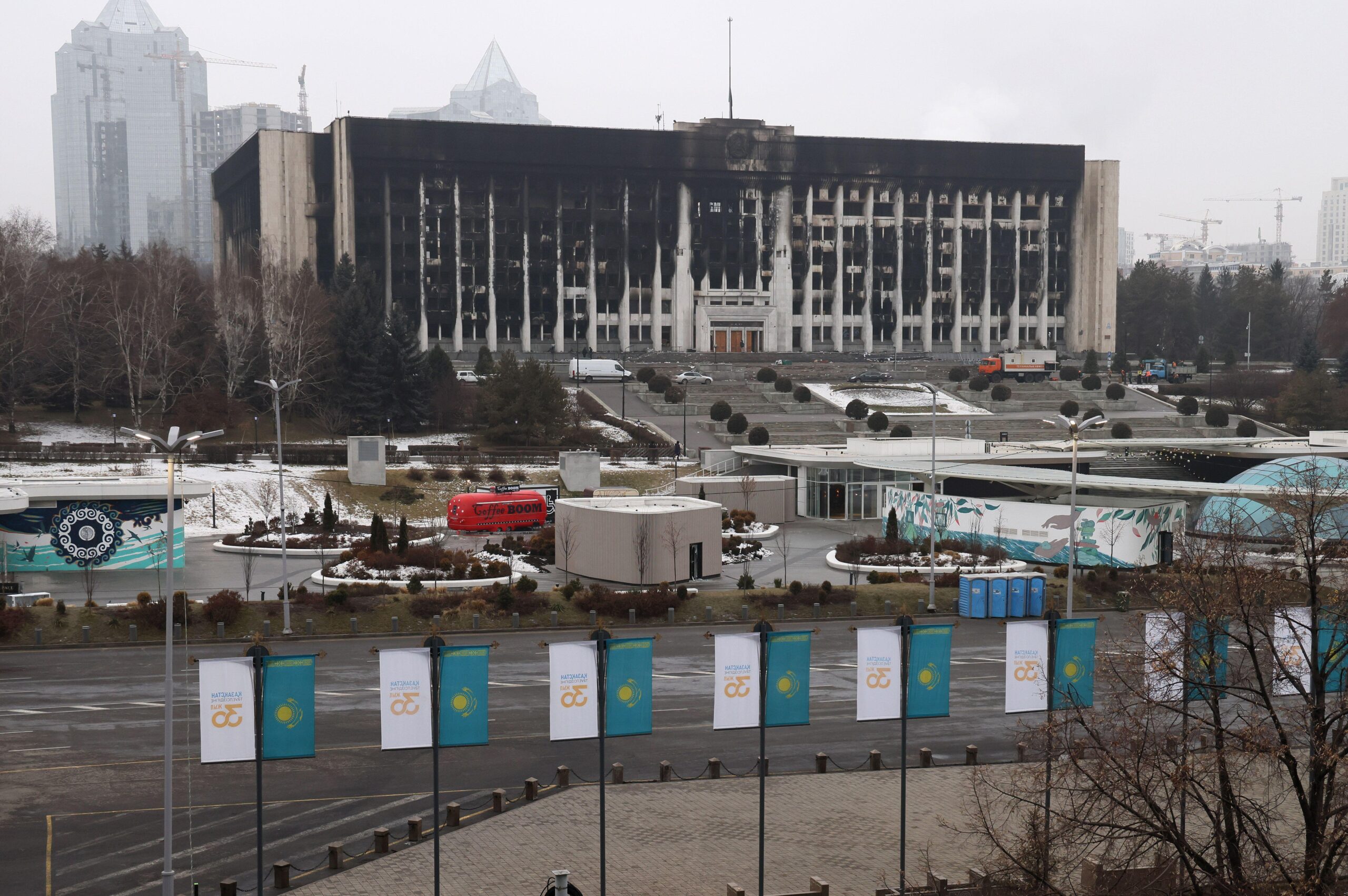
Kazakhstan unrest: implications for Australian interests
The abrupt and turbulent start of the year in Kazakhstan has engineered the conditions for a dual narrative to emerge. Firstly, the widespread violence and protests, coupled with Kazakhstan government’s botched handling of containing the violence demonstrated the fragility of the security conditions in Kazakhstan. This was made even more shocking by the apparent mistrust…
/
-
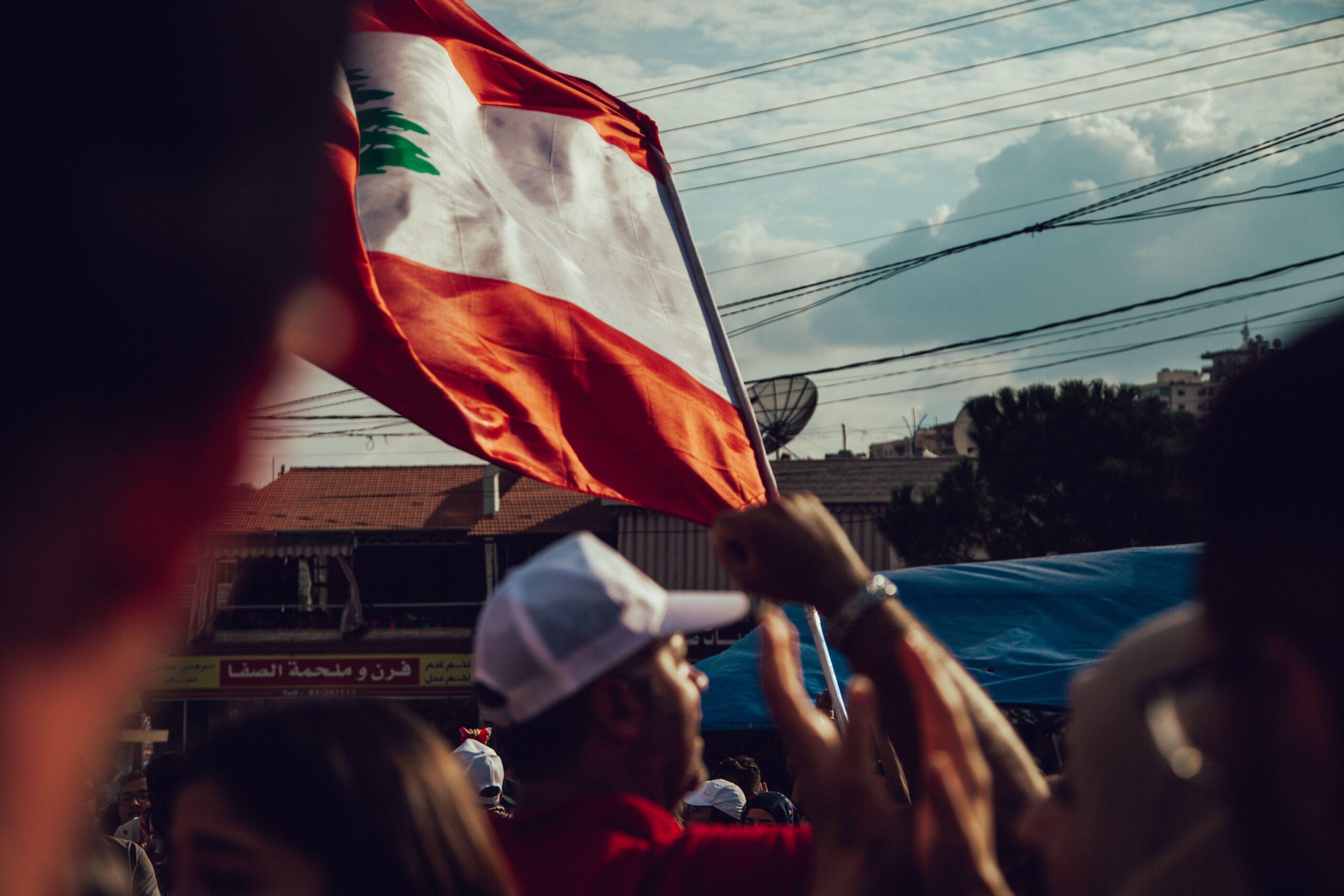
Counter-Sectarianism in Lebanon at a Crossroads
On an early evening in late 2019, bells and sirens sounded throughout Beirut as thousands of Lebanese flooded the streets chanting, “down with the regime.” Simultaneously, buildings and blockades around the city were being spray-painted with calls for revolution alongside satirical caricatures lampooning the nation’s politicians. To many counter-sectarian revolutionaries, it seemed like the longstanding…
/
-
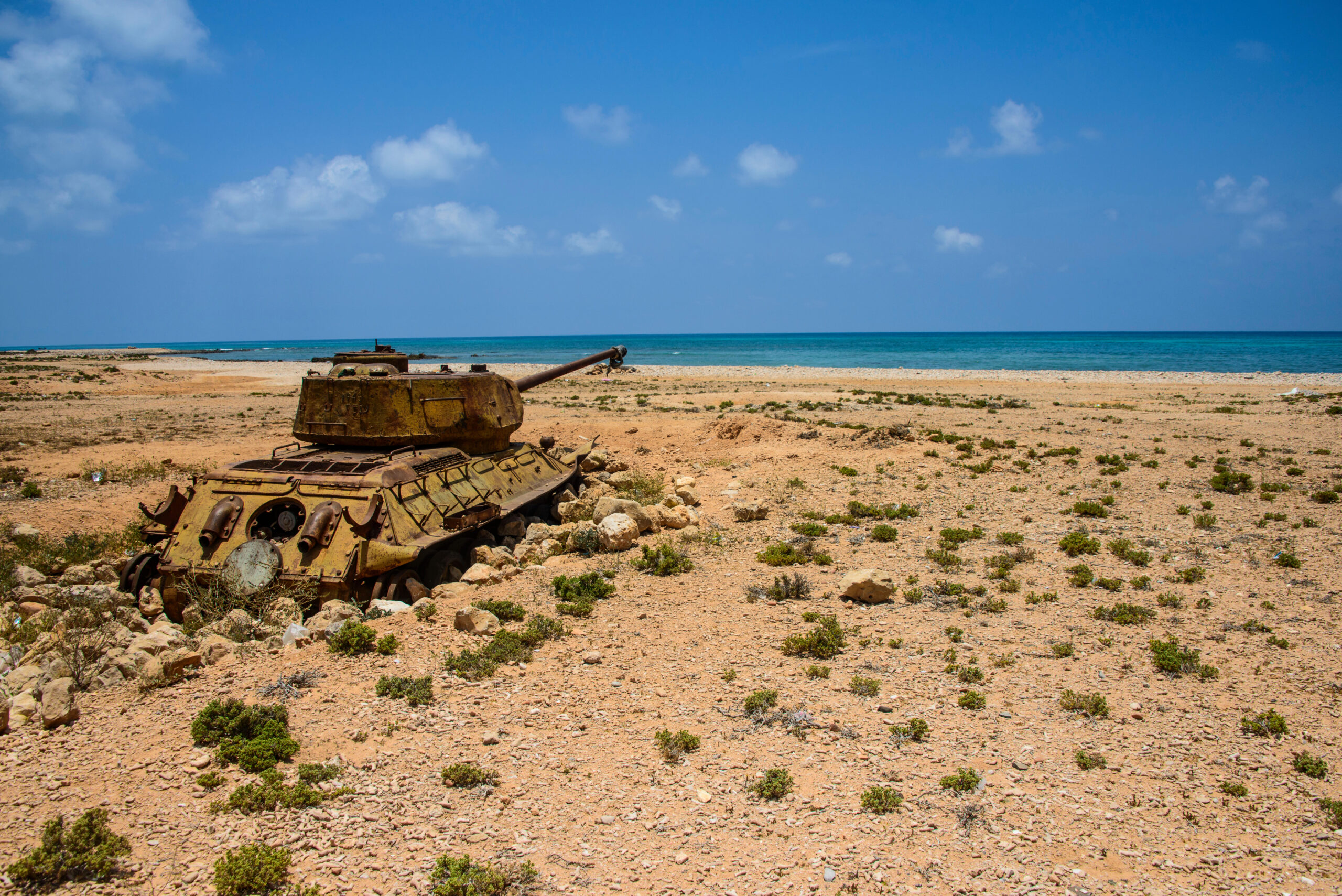
Could Emirati hold on Socotra resolve conflict in Yemen?
The UAE’s strategic consolidation of the island of Socotra will not enhance the prospects for a peaceful resolution of the conflict in Yemen. Whilst it may further complicate the process, it will not necessarily stymie efforts either. However, what is likely to stymie prospects is the growing rift between Saudi Arabia and the UAE and…
/



